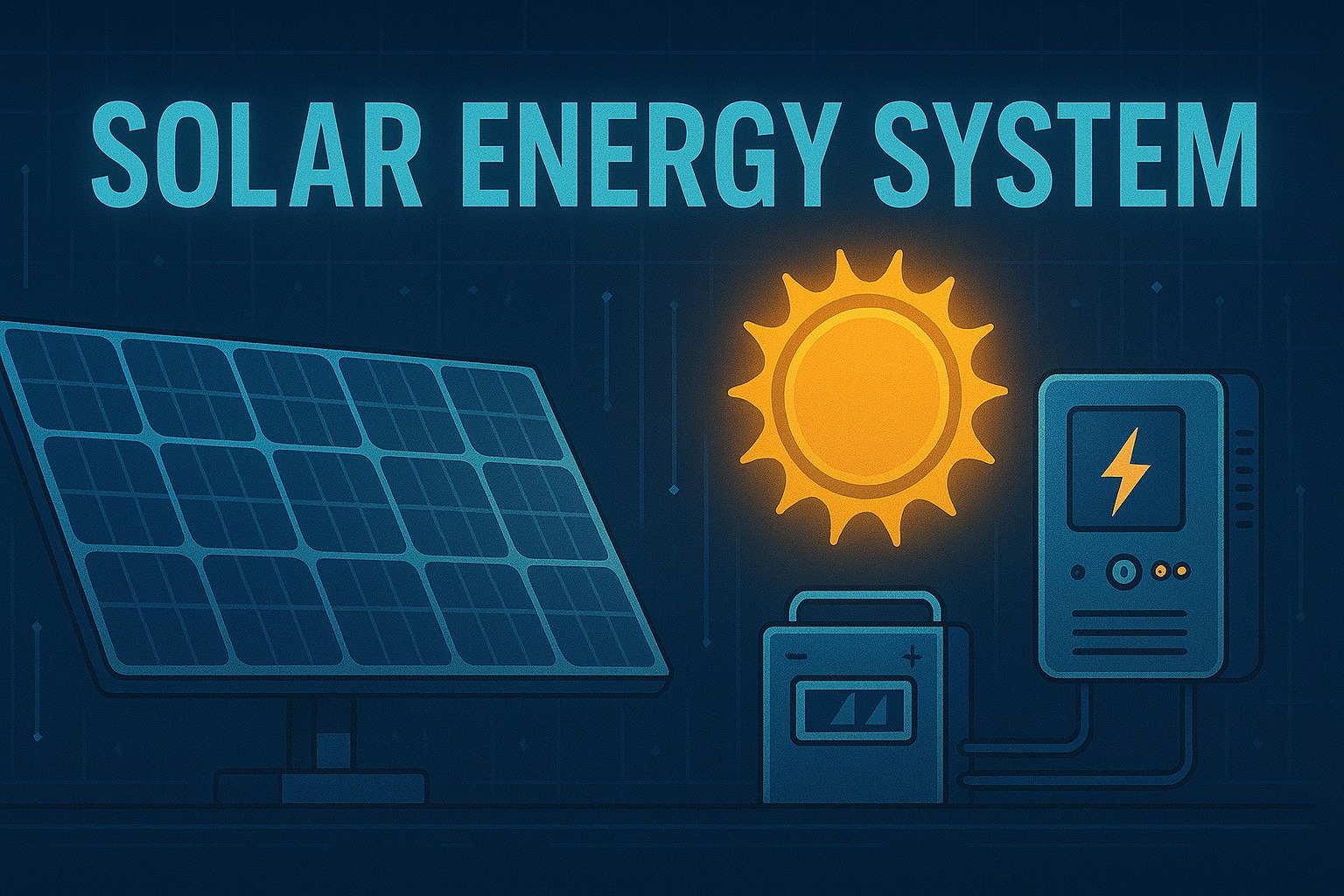
About Course
The Solar Energy Systems course is designed to provide comprehensive knowledge about the principles, technologies, and applications of solar energy. It covers the design, installation, and maintenance of solar power systems, focusing on both photovoltaic (solar panel) and solar thermal technologies. Students will learn how solar energy can be harnessed for both residential and industrial applications, how solar power systems are designed, and the economic and environmental benefits of using solar energy.
This course is ideal for individuals interested in renewable energy, sustainability, and the practical application of solar power systems. It is suitable for engineers, technicians, architects, and anyone looking to develop expertise in solar energy.
Course Content
Introduction to Solar Energy
-
Overview of solar energy and its role in the global energy mix
-
Basics of solar radiation and energy conversion
-
Types of solar technologies: Photovoltaic (PV), Solar Thermal, Concentrated Solar Power (CSP)
